Israeli researchers have concocted a "basic" and ease strategy to transform squander into ethanol for use as sanitizers in the fight against the novel coronavirus.
Educator Hadas Mamane of Tel Aviv University (TAU) and her group have been working for as far back as five years on reusing waste and changing it into liquor.
Presently, because of the worldwide interest for hand sanitizers, they have concentrated on the creation in Israel of ethanol to supplant the need to import alcogels.
"Here we have paper buildup from an industrial facility, some straw from a zoo and grass gathered from Tel Aviv region," Madame said in her lab.
She embedded limited quantities of each into a reactor and included ozone gas.
Ethanol has for quite some time been created from vegetable sources, for example, sugar sticks or corn, however in a perplexing and expensive strategy.
"Our forward leap in TAU figured out how to utilize low portion ozone to make this procedure in a lot littler and less expensive scale," the teacher said.
"Presently we can make ethanol in a manner that is simpler, less expensive, littler, and useful for the earth."
She said the technique contrived in a joint report with Professor Yoram Gerchman of Haifa University utilizes little amounts of ozone on various waste items.
"We figure out how to show that we can deliver ethanol in a basic and green manner, conscious of nature, that doesn't produce poisons," said Mamane.
She said it takes four or five days to deliver liquor from squandering that experiences the procedure of ozonization and the expulsion of compounds and preservationists.
Israel alone delivers more than 620,000 tons of vegetable waste every year, as per Mamane, foreseeing a two-year time period for commercialization of the strategy.
The nation earned applause in March and April for its quick activity against the novel coronavirus pandemic, including the inconvenience of early travel limitations.
Be that as it may, its reviving methodology has confronted analysis as cases have shot up.
The Jewish state has recorded in excess of 33,000 novel coronavirus contaminations, including 346 passings.
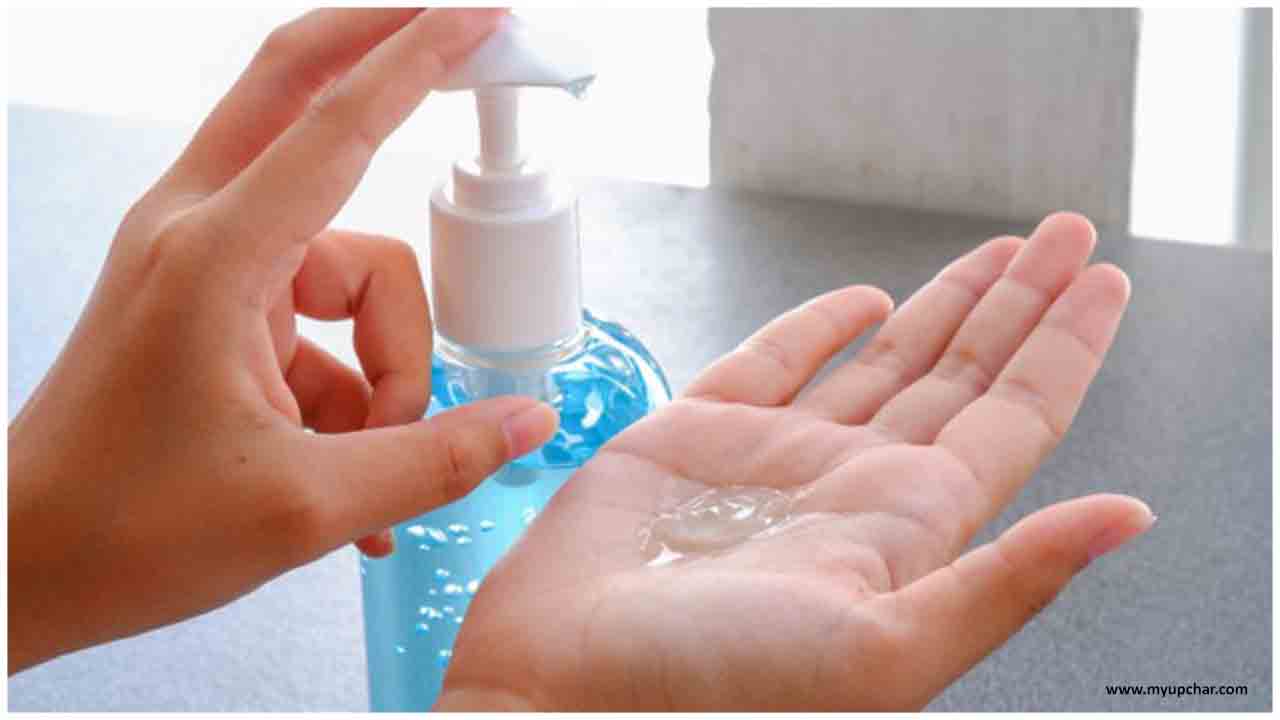
 Professor Hadas Mamane of Tel Aviv University (TAU) and her team have been working for the past five years on recycling waste and transforming it into alcohol.
Professor Hadas Mamane of Tel Aviv University (TAU) and her team have been working for the past five years on recycling waste and transforming it into alcohol.






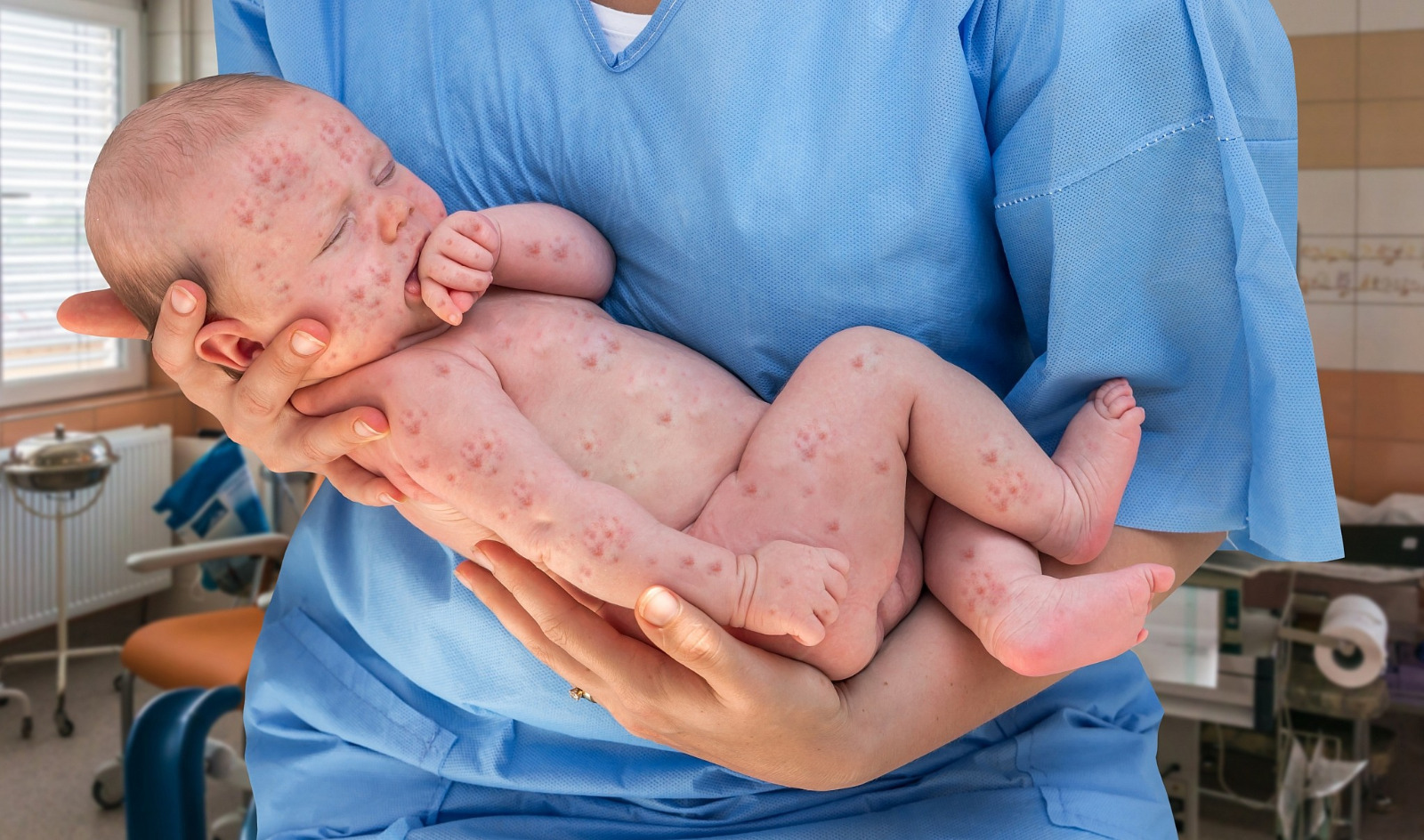
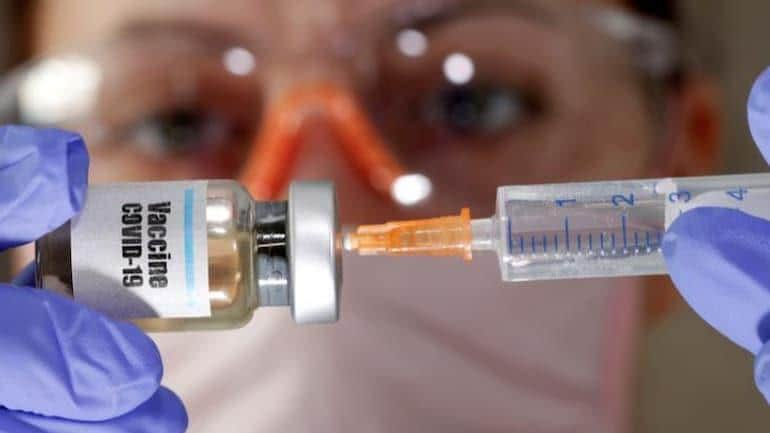

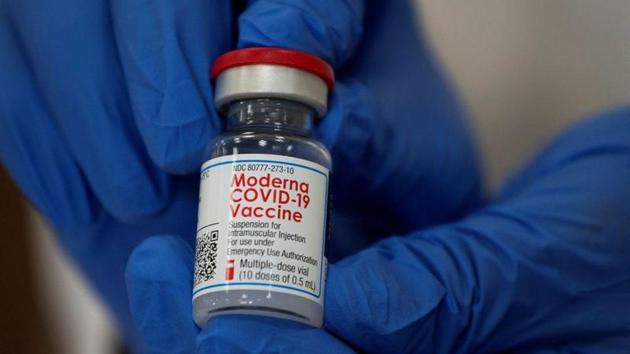

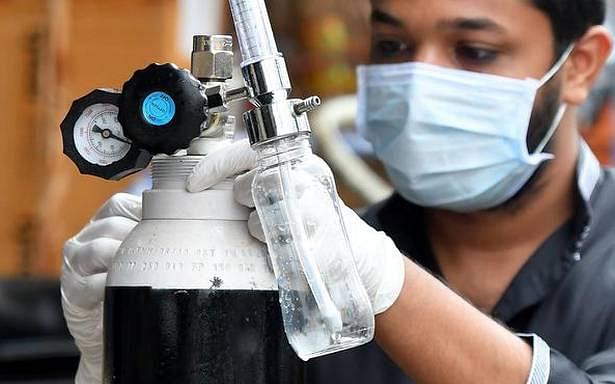
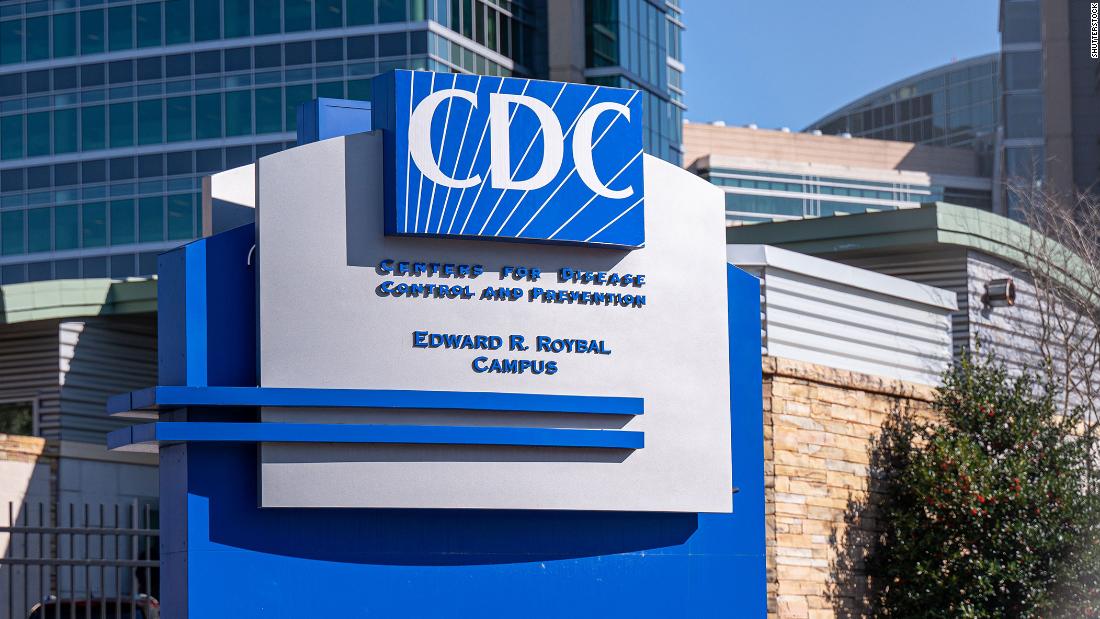






.jpeg)











.jpg)




.jpg)


